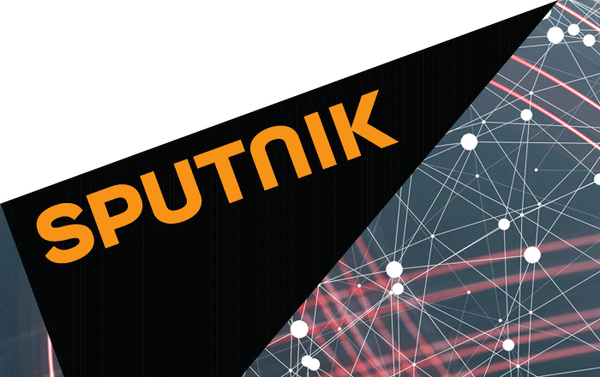Russia surprised many investors across the world by announcing its plans to release the CryptoRuble, a government-regulated digital currency. The move was met with applause by those in the country who support cryptocurrencies, since they were earlier alarmed by President Putin's warning last week that this economic ecosystem could potentially be abused for — quote — "opportunities to launder funds acquired through criminal activities, tax evasion, even terrorism financing, as well as the spread of fraud schemes" — end quote. It's likely for this reason that Russia decided to issue its own government-regulated online currency, which will be the world's first, though the proposal in and of itself is something of an oxymoron at first glance.
Cryptocurrencies were designed with the express intent of avoiding government regulation, though Moscow wants to control the CryptoRuble's issuance, circulation, and even tax its sale and conversion into "hard rubles", thereby seemingly contradicting the very purpose of a cryptocurrency in the first place. The only real resemblance that the CryptoRuble appears to have to Bitcoin and other online currencies at this point in time is that it will be based on the complex ledger system called blockchain and will of course be traded through the internet. Aside from the backend technology involved in facilitating and keeping track of its circulation, it's unclear how it will functionally differ from the "hard ruble" beyond theoretically making it easier for average individuals across the world to casually invest in it.
That might actually be the ultimate purpose behind this initiative, however, which is to capitalize on the global trend for cryptocurrencies but regulate them in a manner where they can't be abused for criminal ends. Other than the risks that President Putin outlined last week, there's also the chance that naïve investors such as technologically unaware senior citizens might be taken advantage of and misled into spending all of their savings on what might end up amounting to nothing more than a pyramid scheme. Many Russians fell victim to many such plots during the chaotic 1990s, and the authorities might be concerned that Bitcoin and other unregulated cryptocurrencies could represent a similar socio-economic threat if too many people invest all that they have in them prior to a devastating future crash.
To discuss this in more detail, we are joined by Dr. Garrick Hileman, Research Fellow at the Judge Business School at the University of Cambridge. Also on the line with us is entrepreneur Jim Talbott.
Want to sound off and share what you think about this? Send us an email at radio@sputniknews.com or find us on Facebook!


